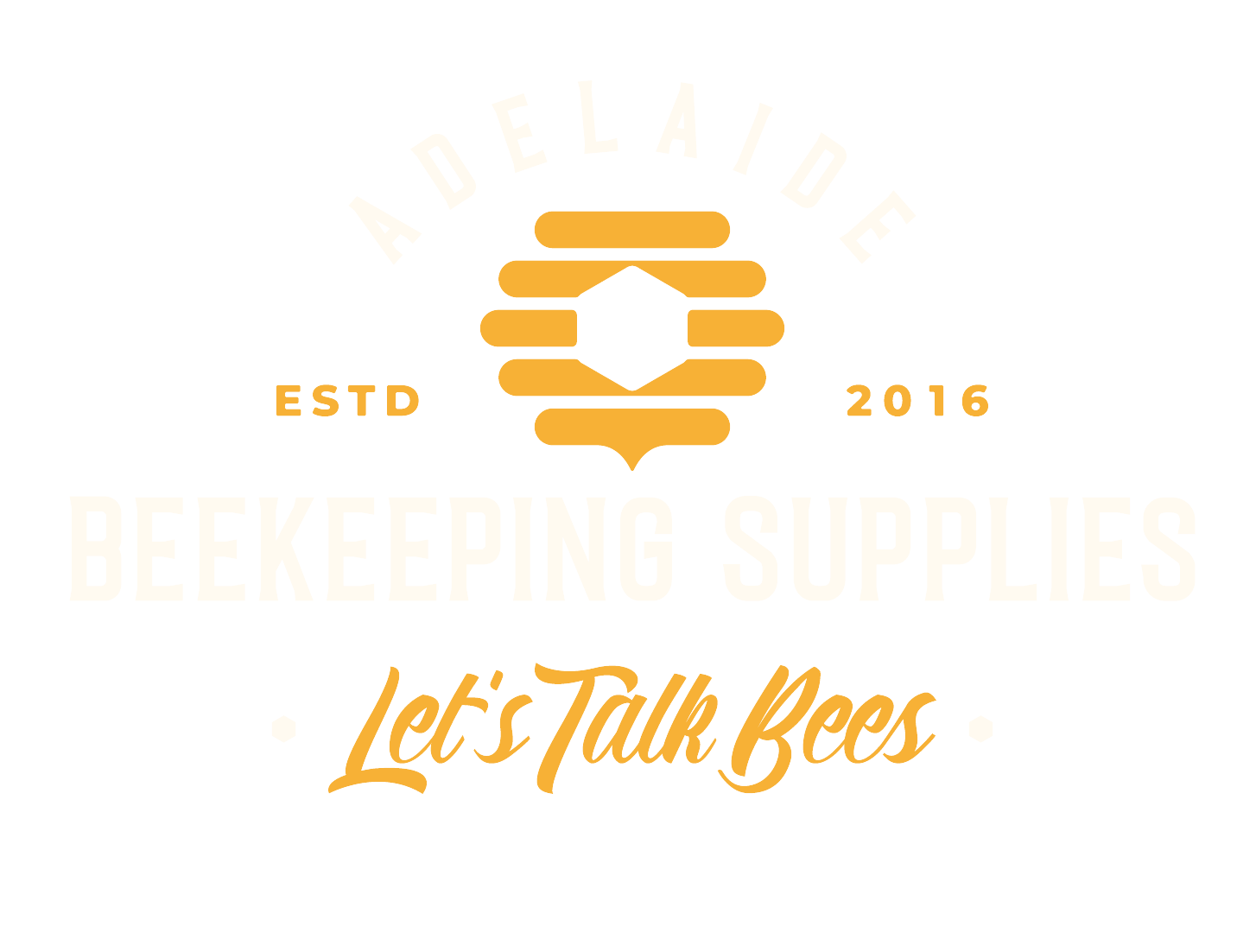Selling honey is a great way to make some extra money from your beekeeping. In order to sell to the public, here's how to get started.
Register as a Food Business
The first requirement to enable honey sales is to become a registered food business. This is regardless of whether the sales are commercial, charitable or community in nature and even if it is only a “once off” occasion. To obtain a registration form, contact your local council’s environmental health officer. As part of this process, most councils will require you to complete a food recall plan. Click on the links below for more info.
Business name registration
Choose a trading name for your honey label. To ensure your chosen name remains unique and also to check that the name is not already in use, go to the ASIC check business name availability webpage. Once you know you're good to go, register your business name here.
Create a label
All packaged foods in Australia must comply with food labelling laws. Labels should be food grade and ink should not bleed or run if exposed to moisture. Click on the following links to find out what information your labels must include.
Guide to the labelling of packaged food
Country of origin labelling online tool
Nutrition Information Panel (NIP) information
Nutrition Information Panel (NIP) calculator
Packaging your honey
Choose a size of jar/tub that will work well with your label dimensions & design. Ensure labels are applied straight and the exterior of containers are free of honey. In Australia, honey is sold by weight not volume. Trade approved scales must be used.
Volume to weight conversion calculator
Customer education
Talk with your customers to help them better understand your product. Just like wine, honey is varietal and has a broad spectrum of flavours and aromas. Some common questions about honey include - What is the region and floral source of your honey? What is cut comb honey, creamed honey and candied honey? Why does honey crystallise and is it still OK to eat when it does?
Record keeping
Selling honey is a form of income and should be reported during your tax return, so accurate sales records should be kept. A simple receipt book is adequate. It is also important to keep records of where each batch of honey has been sold for recall purposes. Store a small jar of each batch of honey should it be required for testing.
insurance
It is important to consider what could happen if someone became ill from eating your honey. Many market stall organisers will require you to have public liability insurance in the event that your stall, or the things you sell, injure someone or damage someone’s property. Google search “market stall insurance” or “public liability insurance” to find insurance providers and more information.
The information on this page is general in nature and intended as a guide only.








